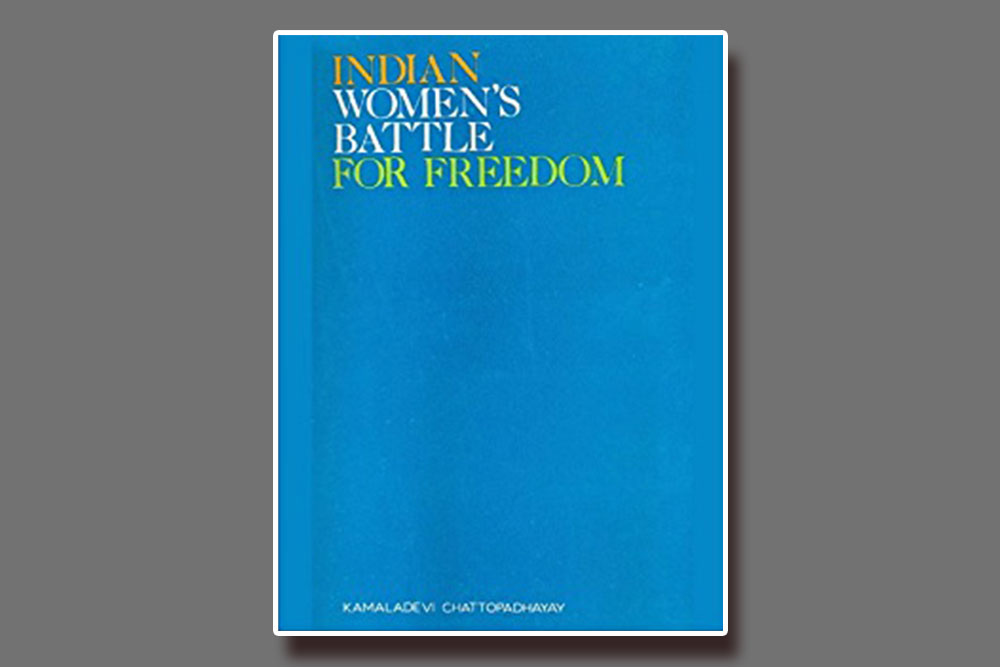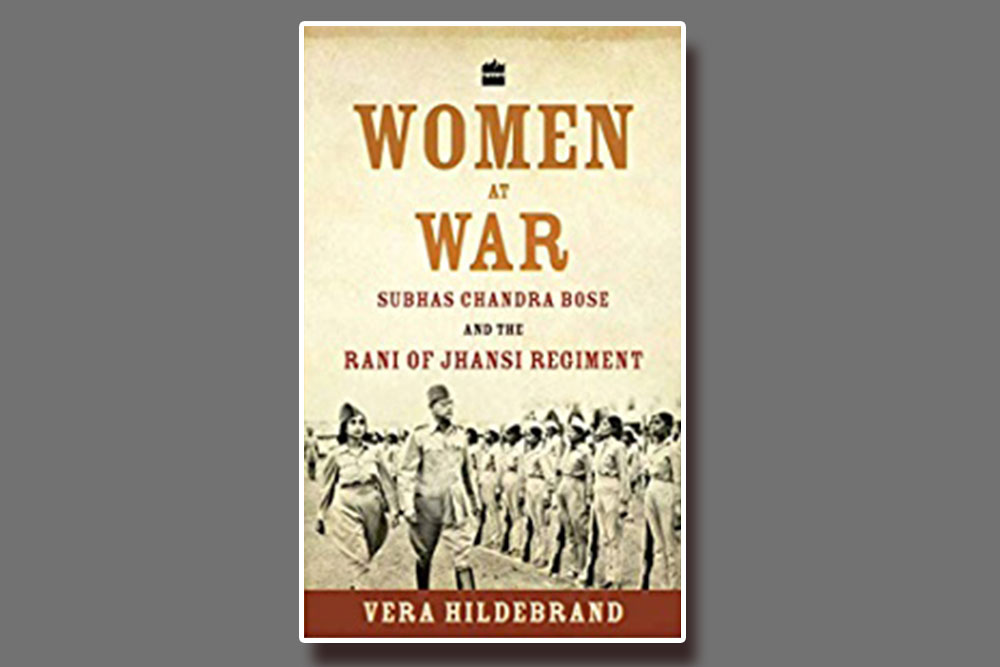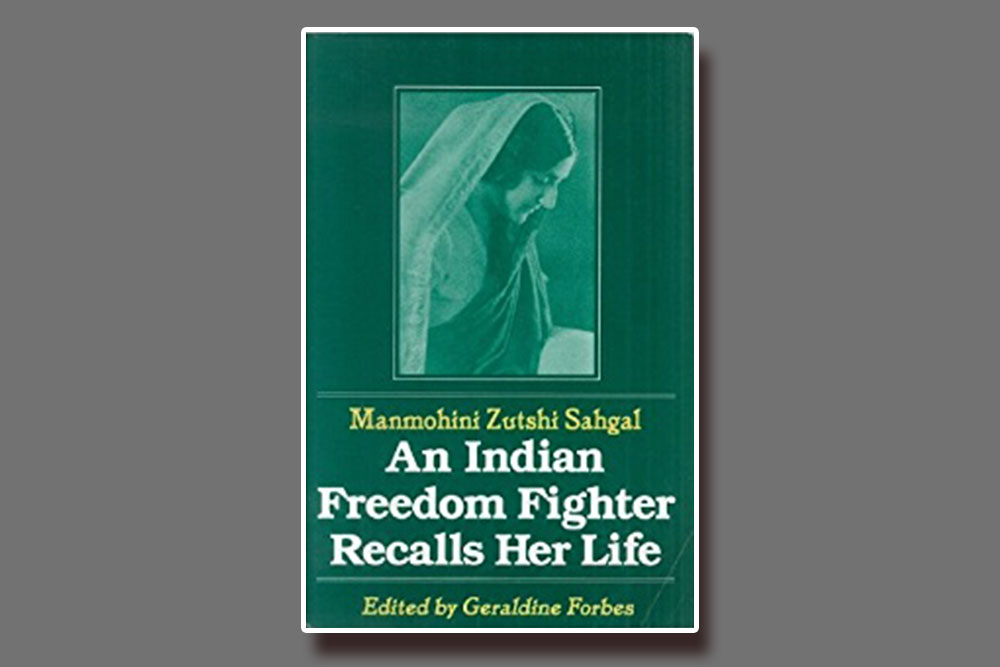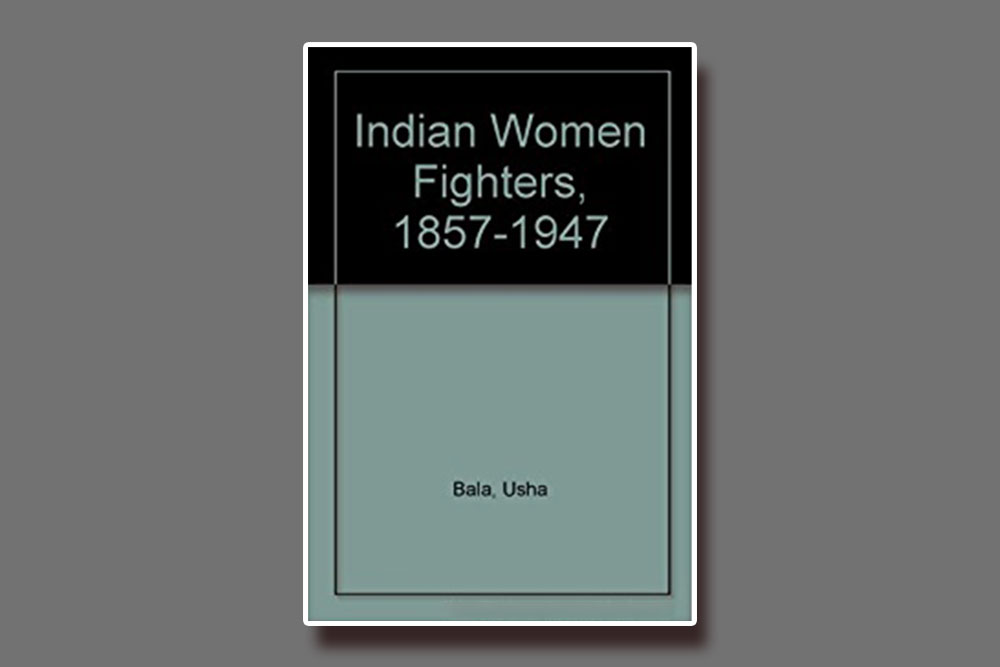History is one of the most interesting subjects in the world—especially when you read history for fun and knowledge, and not an exam. But if you’re a woman, or belong to any of the marginalised or oppressed classes of the world, then reading history can be disheartening. This is primarily because, as the saying goes, history is written by the victors. And those who are in the fringes of society, or have rarely had an opportunity or platform to raise their voices, seldom make it to the annals of history.
In recent decades, this trend has changed—largely thanks to movements in India and across the world that have tried to right these wrongs—and modern historians have taken it upon themselves to share the stories of women who have sacrificed enough, but have remained unsung previously. This applies to the role of women freedom fighters who fought for India’s independence throughout the 19th and 20th centuries. While many of these women were relegated to the shadows of history, and only a few like Rani Lakshmibai of Jhansi made popular through cinematic expressions, their stories are now slowly coming to the forefront—proving that their names might not be known to all, but their contributions were immense.
Here are a few history books you should be reading to find out more about the unsung women who toiled endlessly, sacrificed their lives, and never backed down in the face of British or societal oppression.

Indian Women’s Battle For Freedom, by Kamaladevi Chattopadhyay
The fact that Kamaladevi Chattopadhyay was a freedom fighter herself, and published this book in 1983, just five years before passing away, makes this a testimony as well as a retelling of history you should read. Her motive behind writing this book was to claim Indian women’s reform and freedom struggles as not a gift given to them freely by men or the dominant classes, but as a struggle spanning thousands of years where women actively participated in fighting for and executing changes in their lives. The book gives a glimpse of how actively women participated in the Swadeshi movement in India, as well as the nationalist movements, as a way of claiming and asserting their rights well into the post-independence era.

Women At War: Subhas Chandra Bose And The Rani Of Jhansi Regiment, by Vera Hildebrand
Author Vera Hildebrand travelled through India, Malaysia, and Singapore to not only interview Captain Lakshmi Sahgal—the leader of Subhas Chandra Bose’s women’s combat regiment—but also as many women in this group as possible. These women, in their late 70s and 80s, recounted their tales of sharing a rare bond of sisterhood while performing combat duties, living in the jungles of Burma with male Indian and Japanese soldiers, and the expectations people had of them once India achieved independence. A rare insight into the world’s first women-only regiment, the book (published in 2016) is a celebration of womanhood and incredible sacrifices.

An Indian Freedom Fighter Recalls Her Life, by Manmohini Zutshi Sahgal
Despite being from the Nehru-Gandhi family (she was Motilal Nehru’s grand-niece), Manmohini Zutshi Sahgal had to give up active participation in politics and the nationalist movement after her marriage in 1935. Between 1930 and 1935, however, this freedom fighter and her comrades were unstoppable. From participating in the Civil Disobedience movement, to holding awareness campaigns even after her marriage to a bureaucrat, she had done it all. Published in 1994, this autobiography provides insight into the lives of women who contributed to the freedom struggle, but had to take a back seat due to societal expectations despite being privileged.

Women In The Indian National Movement, by Suruchi Thapar-Bjorkert
This book by Suruchi Thapar-Bjorkert, published in 2006, tried to do the near impossible: telling the stories of women in India’s mass movements against the British, spanning from 1930 to 1942. Concentrating on the role of ordinary middle-class women in the United Provinces (modern Uttar Pradesh and Uttarakhand) during the Civil Disobedience movement and the Quit India movement, this book shifts the focus from prominent leaders, like Sarojini Naidu and Sucheta Kriplani, to the foot soldiers of the Gandhian freedom movement. The author also explores how the ‘domestication of the public sphere’ led to greater awareness among these women, and ultimately gave them new pathways into personal independence.

Indian Women Freedom Fighters, 1857-1947, by Anshu Sharma and Usha Bala
One of the most comprehensive books on women freedom fighters, this book was published in 1986. It covers the entire span of the Indian struggle for independence, beginning with the Revolt of 1857 and ending with India finally achieving independence. Apart from focusing on leading freedom fighters of the time, the book also highlights the role of women in claiming their rightful place in political activities, and getting the credit for it. Women social reformers of the time, who advocated women’s rights and emancipation through political and social awareness, are also the focus of this work.
Regardless, there are still many untold stories of women from the Indian freedom struggle. There are many, whose contributions may forever be lost in the quagmire that is time. These books, however, have tried to capture the lived experiences of women and their struggles during one of the most important eras of our history. Giving them a read, and celebrating the unsung sheroes of India, is something we should all do.